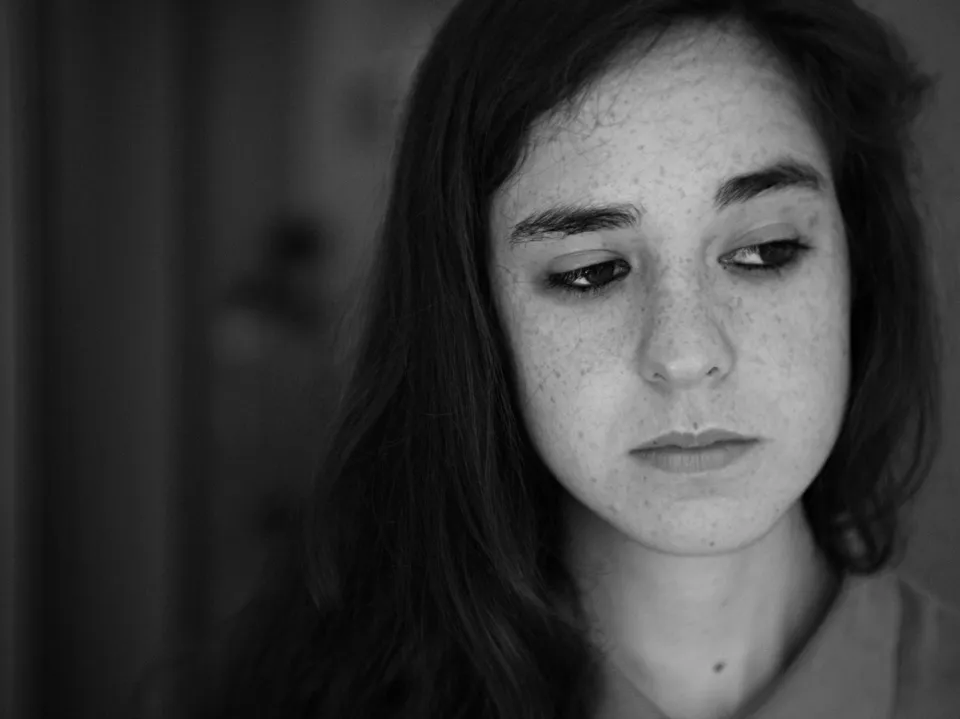Abortion Changes You

I recently read an article on a new study published June 2020 in the journal Health Communication. This study demonstrates how chemical abortion harms women. While the overall number of abortions in the US are declining, medication (or chemical) abortions are on the rise. Abortion providers are moving from in-office surgical abortions to prescription drug terminations that a woman takes at home with limited clinical assistance.
These chemical abortions are leading to higher complication numbers, according to the study, with more emergency room visits. So, as 1 in 4 women in the US will have an abortion by the age of 45, obvious concern for medical health is appropriate. However, perhaps an even greater concern is the emotional health of these women, and this is the detailed focus of the case study.
The solitary nature of the medication abortion process opens the door for more emotional trauma. While this procedure is not new, there is little research that has been conducted regarding women’s personal experiences with medication/chemical abortions. The women who participated in the study said things like:
“I felt her come out.”
“I was in so much pain on the bathroom floor.”
“I knew to expect blood clotting, but nothing could’ve prepared me for seeing her body. It was the color of my own skin, and was actually starting to look like a person.”
“I was haunted by the image of my tiny baby. I always will be. I cut myself and wanted to die.”
This emotional trauma is real, and is rarely discussed with women before a chemical abortion.
• No wonder that 83% of women in this study reported that their chemical abortion changed them.
• No wonder that 77% explicitly stated in this study that they regretted their decision.
• No wonder that 38% reported issues with anxiety, depression, drug abuse and suicidal thoughts as a result of the abortion.
We can no longer afford to be uninformed about the issues that will come from a medication abortion. We must be informed, and we must educate others. Stigma and fear continue to force women into secrecy and shame, and we do know that secrecy leads to poorer coping, further isolation, and lack of social support.
One of the most interesting findings from the study is that many of the women reported that they did not realize they had other options until after their abortion. The “My body, my choice” culture has brainwashed women for years, and it is now our responsibility to have the right tools to enter into a conversation with an expectant mother about her other options of parenting or adoption.
Please take the time to read the full article here. Be informed. Help her to know ALL of her options. A life is depending on it.
–Sandra Pickett, Executive Director
**If you have recently taken the abortion pill there is hope! Call the abortion pill reversal line at 800-712-4357.**
